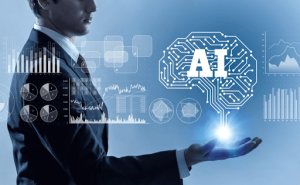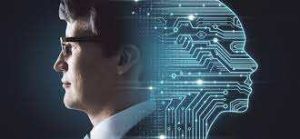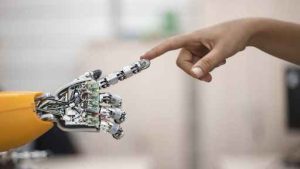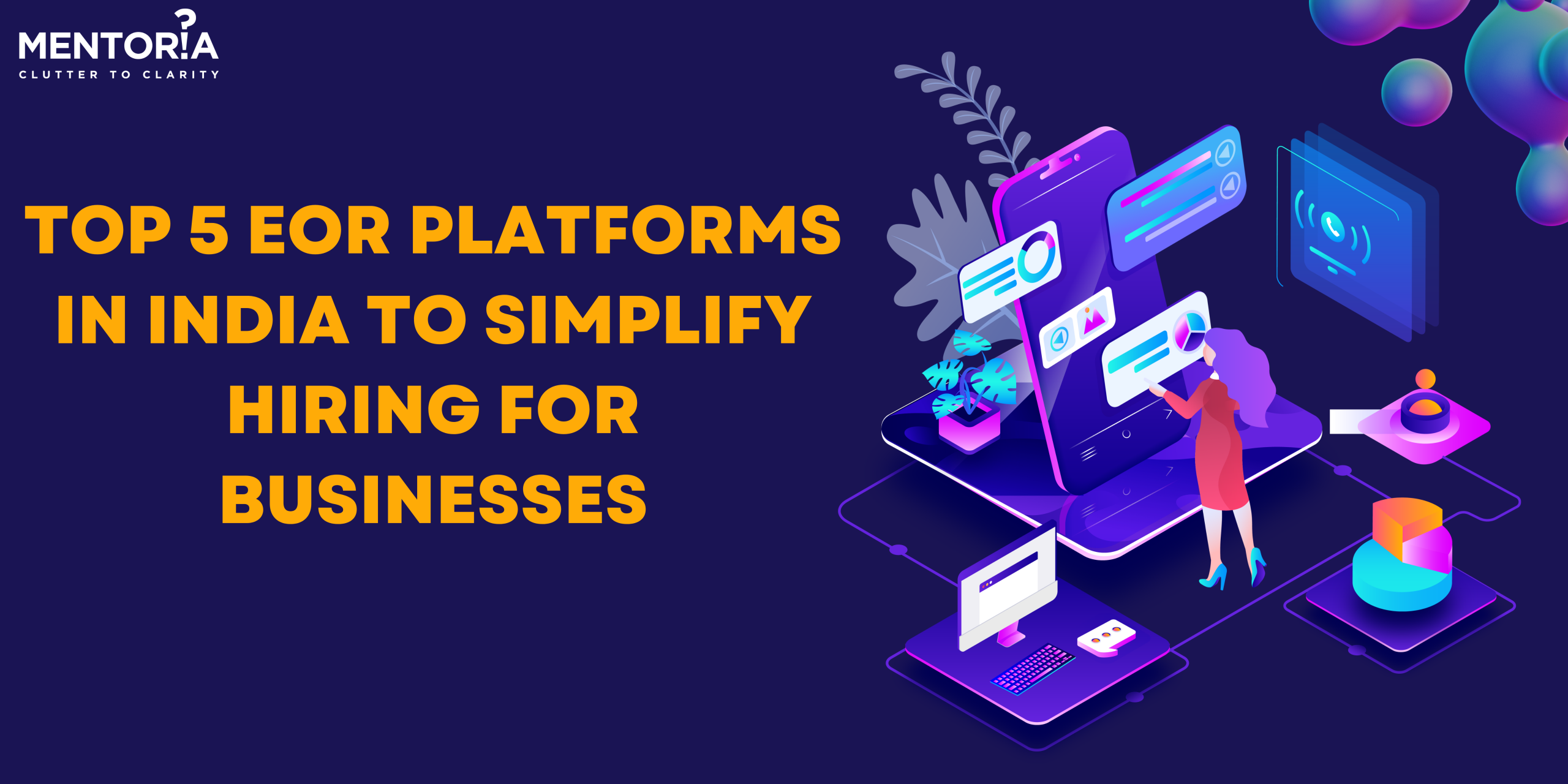Beyond The Code: Navigating Ethical Challenges In AI Adoption
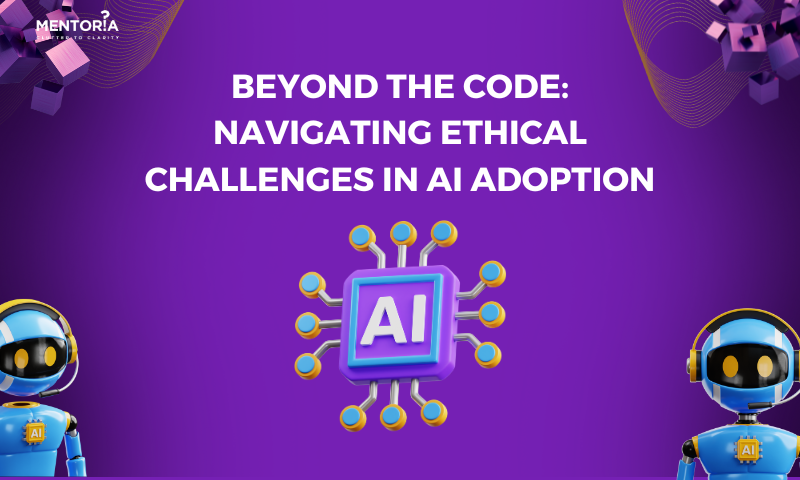
In an era where Artificial Intelligence (AI) is reshaping industries and transforming the way we live and work, ethical considerations have become paramount. As we step into a future brimming with AI-powered innovations, it is crucial to navigate the ethical challenges that accompany this technological revolution. In this blog, we delve into the fascinating realm of ethical dilemmas in AI adoption, exploring the delicate balance between leveraging AI’s immense potential and upholding ethical principles. Join us as we unravel the complexities, shed light on emerging solutions, and embark on a thought-provoking journey to foster responsible AI adoption beyond the code.
The Warnings Of ChatGPT’s Creator
As we delve into the realm of AI ethics, it’s crucial to acknowledge the concerns voiced by the creator of ChatGPT. The creator of ChatGPT, while celebrating the tremendous capabilities of AI, has also issued warnings regarding its potential dangers. They caution against blindly embracing AI without considering the ethical implications and potential risks. One of the primary concerns is the possibility of AI systems being used maliciously or for harmful purposes. The creator emphasises the importance of responsible AI practices to prevent the misuse of AI technology and to ensure that it is developed and deployed in a manner that benefits humanity.
Another warning pertains to the potential biases present in AI systems. AI algorithms learn from data, and if that data contains biases or reflects societal inequalities, the AI system may perpetuate or amplify those biases. This can lead to discriminatory outcomes or reinforce existing biases in decision-making processes. The creator stresses the need for thorough evaluation and mitigation of biases in AI systems to promote fairness and inclusivity.
Furthermore, the creator warns about the ethical implications of AI systems becoming too autonomous or making decisions without human oversight. They advocate for maintaining human control and ensuring that AI systems are designed to augment human capabilities rather than replace human judgement entirely. The goal is to strike a balance where AI and human collaboration lead to responsible and beneficial outcomes.
By heeding these warnings, we can approach AI development and adoption with a critical eye, actively addressing the ethical challenges and striving for responsible and accountable AI practices.
Unveiling The Ethical Challenges
Ethics in AI encompasses a range of complex challenges that demand our attention. One such challenge is the presence of bias in AI algorithms. AI systems learn from data, and if that data is biassed or reflects societal inequalities, it can perpetuate discriminatory outcomes. Transparency is another concern, as the inner workings of AI models can be difficult to interpret, raising questions about accountability and potential biases. These ethical challenges require careful examination and proactive measures to ensure that AI systems are fair, unbiased, and transparent in their decision-making processes.
Navigating The Ethical Frontier
To address the ethical challenges in AI, responsible AI adoption is crucial. Transparency plays a key role, as developers and organisations should strive to make AI systems explainable and accountable. Rigorous testing and validation processes can help identify and mitigate biases in AI algorithms, ensuring fairness and equity. Additionally, fostering diversity and inclusivity in AI development can lead to more representative systems that consider a wide range of perspectives and avoid perpetuating biases. Responsible AI adoption involves a collective effort from developers, policymakers, and stakeholders to uphold ethical principles and prioritise the well-being of individuals and society as a whole.
The Human Touch
While AI technology continues to advance, it is important to remember that human judgement and values remain indispensable. Ethical AI adoption should involve a harmonious collaboration between humans and machines, with humans providing oversight and making ethical decisions in critical areas. AI should augment human capabilities, assisting in decision-making processes rather than replacing human involvement altogether. By recognizing the value of the human touch, we can ensure that ethical considerations, empathy, and compassion are integrated into the design and deployment of AI systems.
Educating The Future Guardians
Building a responsible AI-driven future necessitates educating the next generation of AI practitioners and researchers. Educational institutions play a vital role in instilling a strong ethical foundation within AI education programs. By integrating ethics into AI curricula, future developers will possess the knowledge and tools to navigate the ethical complexities of AI development and deployment. This education should emphasise the importance of responsible AI practices, critical thinking, and the consideration of societal impacts. By empowering future guardians of AI ethics, we can cultivate a culture of responsibility, ensuring that AI advancements align with ethical values and promote the betterment of humanity.
Mentoria’s Guide To A Responsible AI-Powered Future
As we conclude our exhilarating exploration of ethics in AI, we realise that the responsible integration of AI requires our unwavering commitment to ethical principles. By heeding the warnings of AI pioneers, understanding and addressing the challenges, embracing responsible AI adoption, and empowering future guardians of AI ethics, we can shape an AI-driven future that benefits all of humanity. With the guidance and support of mentors and experts, such as those available through Mentoria, we can ensure that AI development and implementation adhere to ethical principles. So, let’s embark on this exciting journey together, hand in hand, as we navigate the ethical frontier and ensure a brighter, more responsible AI-powered world.
